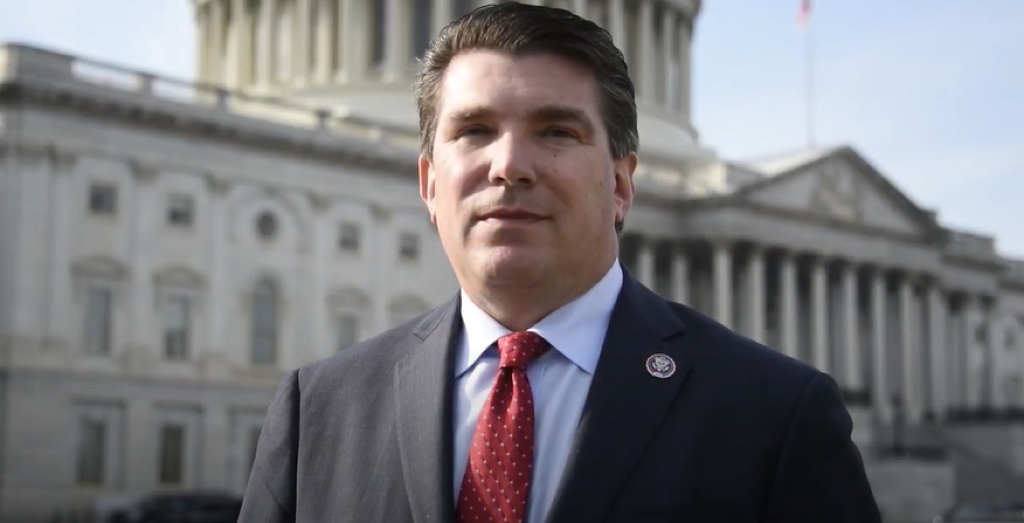House Representatives Call for Standards in Government Use of AI
A bipartisan task force urged Congress to establish policies governing AI use in federal agencies.
Jericho Casper

WASHINGTON, Jan. 8, 2025 – Artificial intelligence has the potential to transform government operations, boost innovation, and enhance national security, according to a recent report from the bipartisan House Task Force on Artificial Intelligence.
“The benefits of responsible government use of AI are potentially transformative,” the task force wrote in a 273-page report released in December. “However, irresponsible or improper use fosters risks to individual privacy, security, and the fair and equal treatment of all citizens by their government.”
AI is already present in federal operations. Federal spending on AI R&D has grown from $560 million in 2018 to $2.9 billion in 2023. The report cited a U.S. Government Accountability Office report that found that 20 out of 23 surveyed federal agencies were already using AI, with approximately 200 instances of AI integration across various applications. These include AI-powered systems to manage public records, streamline federal benefits processing, and enhance cybersecurity defenses.
For example, the Department of Homeland Security has begun leveraging AI to predict and mitigate cybersecurity threats in real-time, while the Centers for Disease Control and Prevention has used machine learning to track the spread of infectious diseases, and the Social Security Administration has deployed algorithms to identify fraudulent claims.
While these systems promise efficiency, their reliance on vast datasets raises risks. The report cautions that concerns about algorithmic bias, lack of transparency, and poorly designed systems could lead to discriminatory outcomes or erode public trust.
To harness AI's potential while mitigating associated risks, the task force recommends several measures:
- Develop comprehensive policies governing AI use in federal agencies to ensure ethical deployment and safeguard civil liberties;
- Enhance transparency by implementing mechanisms that allow citizens to understand how AI influences governmental decisions;
- Invest in evaluation science to support research on assessing AI systems to ensure they meet established standards; and
- Maintain open research ecosystems that encourage collaboration in AI research to sustain U.S. competitiveness.
The report also calls for a unified approach to AI governance across agencies, ensuring all agencies follow the same foundational rules and guidelines, particularly those developed by the National Institute of Standards and Technology.
“It has been my honor to lead the House AI Task Force in producing this detailed, forward-thinking, and bipartisan report,” said chairman Rep. Jay Obernolte, R-Cali., in a release. "The report details a roadmap for Congress to follow to both safeguard consumers and foster continued U.S. investment and innovation in AI.”









Member discussion